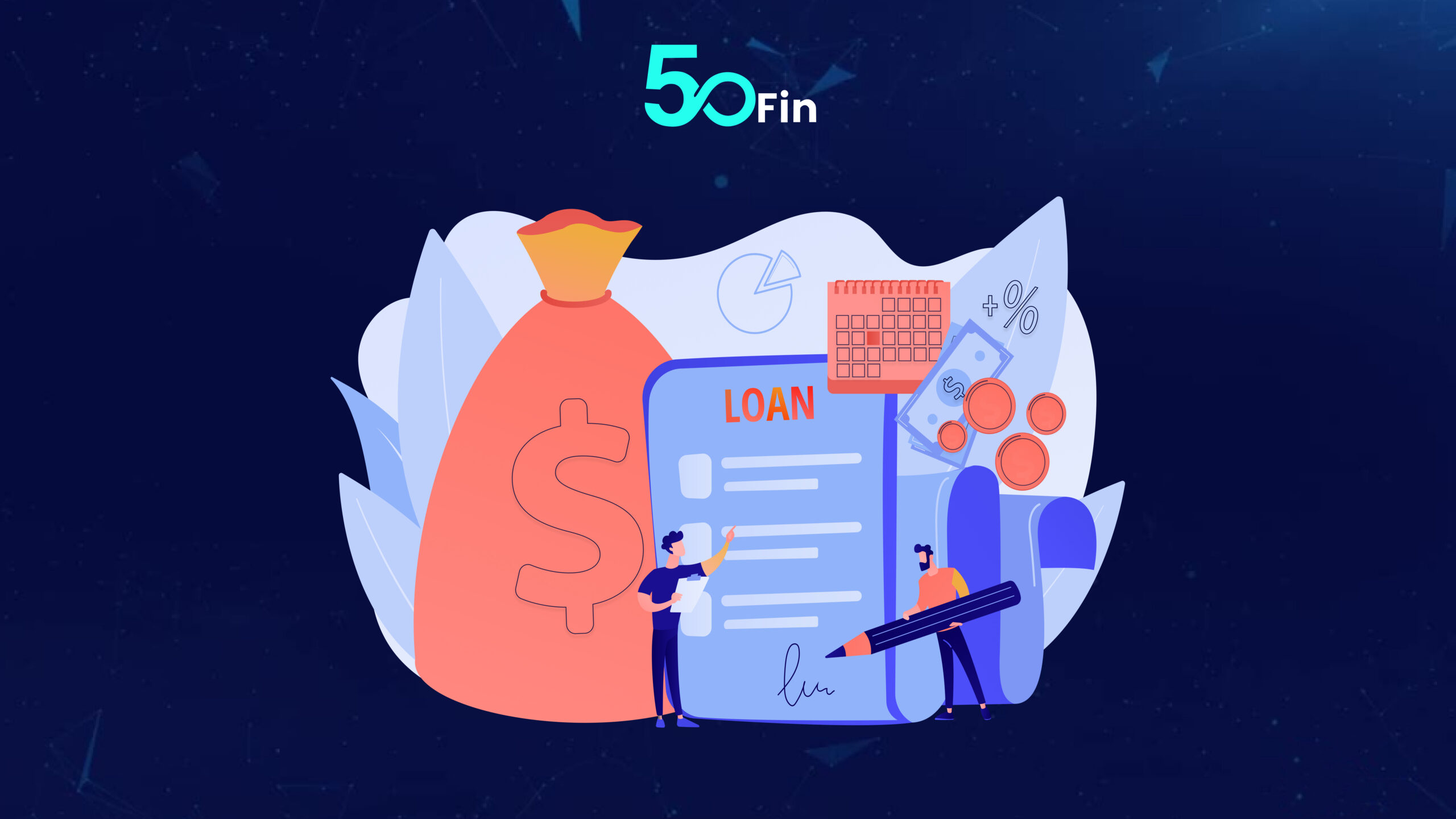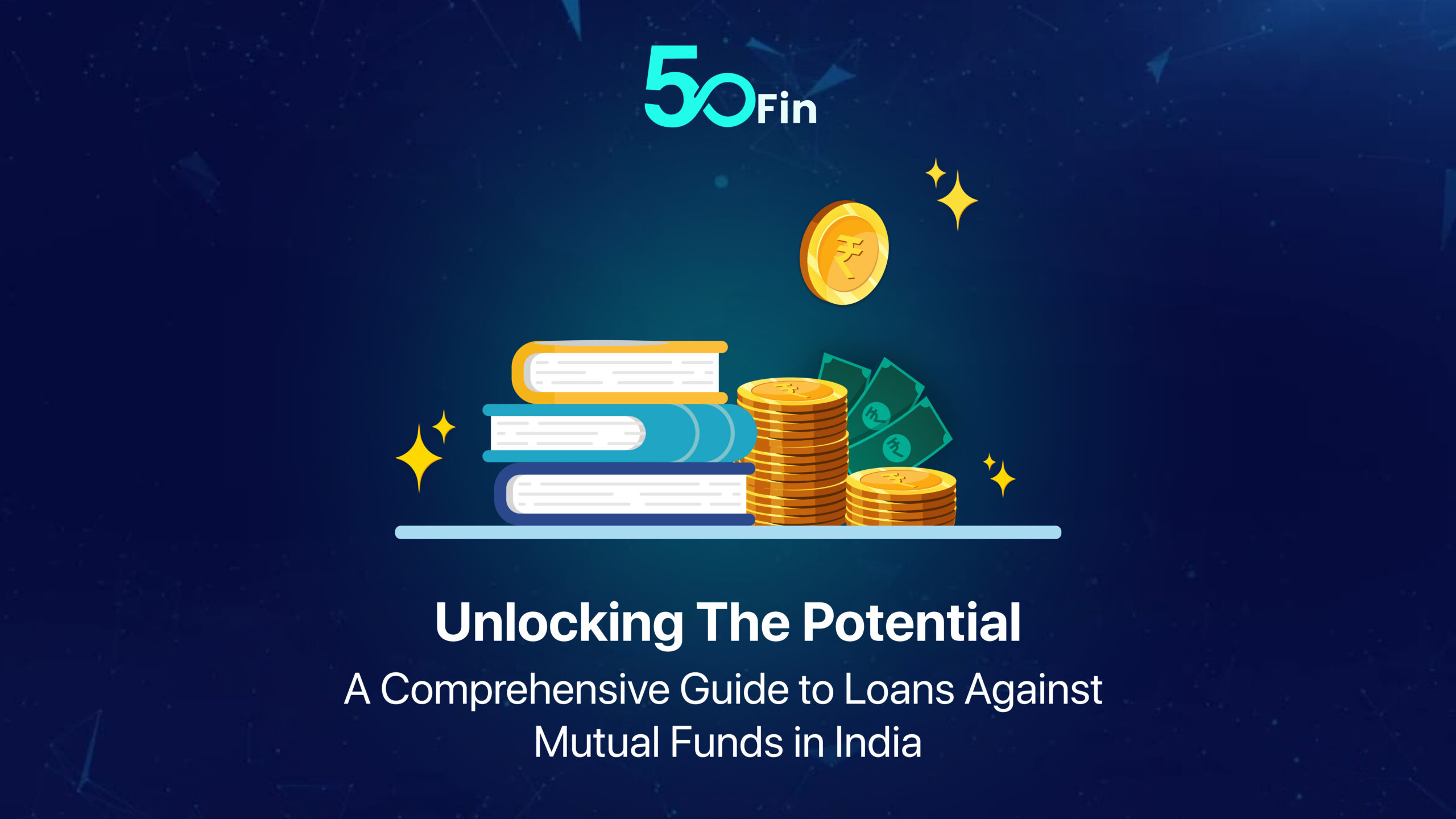
Debt Consolidation 101: Streamlining Your Finances with Loans
Do you have multiple debts that are hard to manage and expensive to repay? If so, you may benefit from a debt consolidation loan. A debt consolidation loan is a type of personal loan that can help you simplify your payments, lower your interest rate, and improve your credit score. In this blog post, we will explain what debt consolidation loans are, how they work, and their potential benefits. We will also discuss some scenarios where debt consolidation might be a wise financial move and provide some tips on finding the best consolidation loan for your needs.
What are debt consolidation loans?
A debt consolidation loan is a single loan that you use to pay off multiple debts, such as credit cards, personal loans, medical bills, or student loans. By doing so, you combine all your debts into one loan with one monthly payment, one interest rate, and one loan term. This can make it easier to manage your finances and save money on interest and fees.
How do debt consolidation loans work?
To get a debt consolidation loan, you need to apply for a personal loan from a bank, credit union, or online lender. You will need to provide some basic information about yourself, your income, your debts, and your credit history. The lender will check your credit score and report, and determine your eligibility and loan terms based on your creditworthiness and debt-to-income ratio.
If you are approved, the lender will disburse the loan amount to your bank account or directly to your creditors, depending on the lender and your preference. You will then use the loan amount to pay off your existing debts, and start making monthly payments to the lender until you repay the loan in full.
What are the benefits of debt consolidation loans?
Debt consolidation loans can offer several benefits, such as:
- Lower interest rate: Depending on your credit score and the type of debts you have, you may be able to get a lower interest rate on a debt consolidation loan than on your individual debts. This can help you save money on interest and pay off your debt faster.
- Simplified payments: Instead of juggling multiple payments with different due dates, interest rates, and terms, you only have to make one payment to one lender each month. This can reduce the hassle and stress of managing your debts and help you avoid missing or late payments.
- Improved credit score: By paying off your high-interest debts, such as credit cards, you can reduce your credit utilization ratio, which is the percentage of your available credit that you are using. This can boost your credit score, as credit utilization is one of the major factors that affect your score. Also, by making timely and consistent payments on your debt consolidation loan, you can establish a positive payment history, which can also improve your credit score.
To get a debt consolidation loan, you need to apply for a personal loan from a bank, credit union, or online lender. You will need to provide some basic information about yourself, your income, your debts, and your credit history. The lender will check your credit score and report, and determine your eligibility and loan terms based on your creditworthiness and debt-to-income ratio.
If you are approved, the lender will disburse the loan amount to your bank account or directly to your creditors, depending on the lender and your preference. You will then use the loan amount to pay off your existing debts, and start making monthly payments to the lender until you repay the loan in full.
When is debt consolidation a good idea?
Debt consolidation can be a good idea if you meet the following criteria:
- You have multiple debts with high interest rates, such as credit cards, that are costing you a lot of money and taking a long time to repay.
- You have a good credit score that can qualify you for a lower interest rate on a debt consolidation loan than on your individual debts.
- You have a stable income that can cover your monthly payment on a debt consolidation loan and your other expenses.
- You are committed to paying off your debt and not accumulating new debt after consolidating.
How to find the best debt consolidation loan?
To find the best debt consolidation loan for your situation, you should compare different loan options and lenders based on the following factors:
- Loan amount and duration: You should choose a loan amount that can cover all your debts that you want to consolidate, and a loan duration that can fit your budget and repayment goals. Generally, a shorter loan term will have a higher monthly payment but a lower interest rate, and vice-versa.
- Interest rate and fees: You should look for a loan that offers a lower interest rate than your average interest rate on your individual debts. This can help you save money on interest and pay off your debt faster. You should also check the fees and charges associated with the loan. These fees can add up to the cost of the loan and affect your savings.
- Eligibility and requirements: You should check the eligibility criteria and requirements of the loan, such as minimum credit score, income, debt-to-income ratio, etc. You should also check the documentation and verification process, and make sure you have all the necessary documents ready to apply for the loan.
- Customer service and support: You should choose a lender that offers good customer service and support, such as online application, fast approval and disbursal, flexible repayment options, etc. You should also check the reviews and ratings of the lender to avoid scams.
Conclusion
Debt consolidation loans can be a useful tool to streamline your finances and save money on interest and fees. However, they are not a magic solution to your debt problems. You still need to be responsible and disciplined with your spending and budgeting, and avoid taking on new debt after consolidating. Thank you for reading and happy borrowing!
FAQs
1. What types of debt can I consolidate with a consolidation loan?
The blog mentions you can use a consolidation loan for various debts like credit cards, personal loans, medical bills, or even student loans, but it’s best to check with the lender as they might have limitations.
2. Will my credit score improve immediately after consolidating debt?
No, it won’t improve immediately. However, consistent payments on the consolidation loan and reducing your credit utilization by paying off existing debts can eventually boost your score.
3. Is debt consolidation right for me if I have a low credit score?
It might be challenging. Lenders typically offer lower rates to individuals with good credit scores. Consider alternative options like credit counselling before exploring consolidation.
4. What happens if I miss payments on my consolidation loan?
Missing payments can damage your credit score and lead to late fees and additional penalties. It’s crucial to make payments on time to reap the benefits of debt consolidation.
Get FREE Eligibility Report
Instantly check your eligibility for Loan Against Mutual Funds
- No Minimum CIBIL Required
- 100% Digital
- 4 Working hour disbursal
Looking for Loan Against Stocks?
Recent Articles
This comprehensive guide covers everything you need to know about loans against mutual funds in India, including benefits, eligibility criteria, interest rates, risks, the application process, and frequently asked questions.
This guide provides a comprehensive view of NSE and BSE stock market holidays for 2025, highlighting opportunities for long weekends and essential details for every trader. Use this resource to check if the Indian stock market is open today, plan for share market holidays tomorrow, or get insights into market closures throughout the year.
For Indian investors and borrowers, understanding ECS return charges and learning how to avoid them is crucial. This comprehensive guide covers everything you need to know



